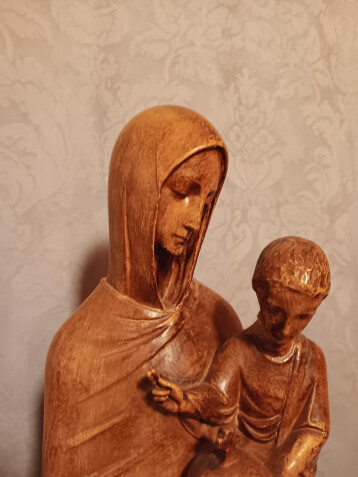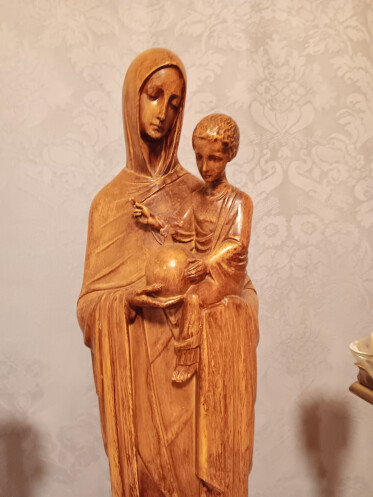A Festival of Short Films
This year in Lent we have the best Gospel readings: four great, long stories from Saint John’s gospel. First is Nicodemus coming at night, told he must be born again of the Spirit. Then comes the woman at the well, to whom Jesus offers living water, i.e. that same Holy Spirit. In chapter 9, Jesus gives sight to the man born blind, who gradually comes to a faith so close to Jesus that he shares Jesus’ fate of being cast out. Finally, in chapter 11, Jesus summons his friend Lazarus back to life from the grave.
Each of these marvelous stories is a little drama in itself. It’s as if the church is inviting us to a festival of short films. Each of them has a different locale, a distinct dramatic conflict, a layering of meanings one on top of the other. Often Jesus moves on a spiritual level that those around him struggle to comprehend. Together these film shorts sketch the possibility of a human world transfigured from birth to death, a world of vision that actually sees Jesus for who he is, a world whose animating spring is the Spirit of God.
Following these short films (these great long stories) is the feature film, the climax of the festival. This is the one where a man starts out on a donkey and goes through being praised and being condemned, a loving meal and a betrayal, a mock trial, a wicked execution—you know the film don’t you? Have you seen it? It’s the one that ends with an empty tomb.
If you have not yet come to the festival, it’s not too late. Check it out. It’s running this weekend at a church near you.
---
Out & About. This Sunday, March 19, from 5 to 6:30pm at Incarnation in Dallas: the Good Books & Good Talk seminar meets to discuss James Matthew Wilson’s The Strangeness of the Good. I’d like for participants to select one poem that they would particularly like for us to discuss, for whatever reason. There is a nascent movement back towards reading (even memorizing) poetry; just imagine how satisfying it is to be (for once) on the Cutting Edge. I hope you can join us.
On April 16, the seminar will discuss Whose Body? by Dorothy L. Sayers.
Yours truly is to preach on Maundy Thursday at St. Matthew’s Cathedral in Dallas (April 6 at 7pm) and on Good Friday at Incarnation in Dallas (April 7 at noon and 6pm).



